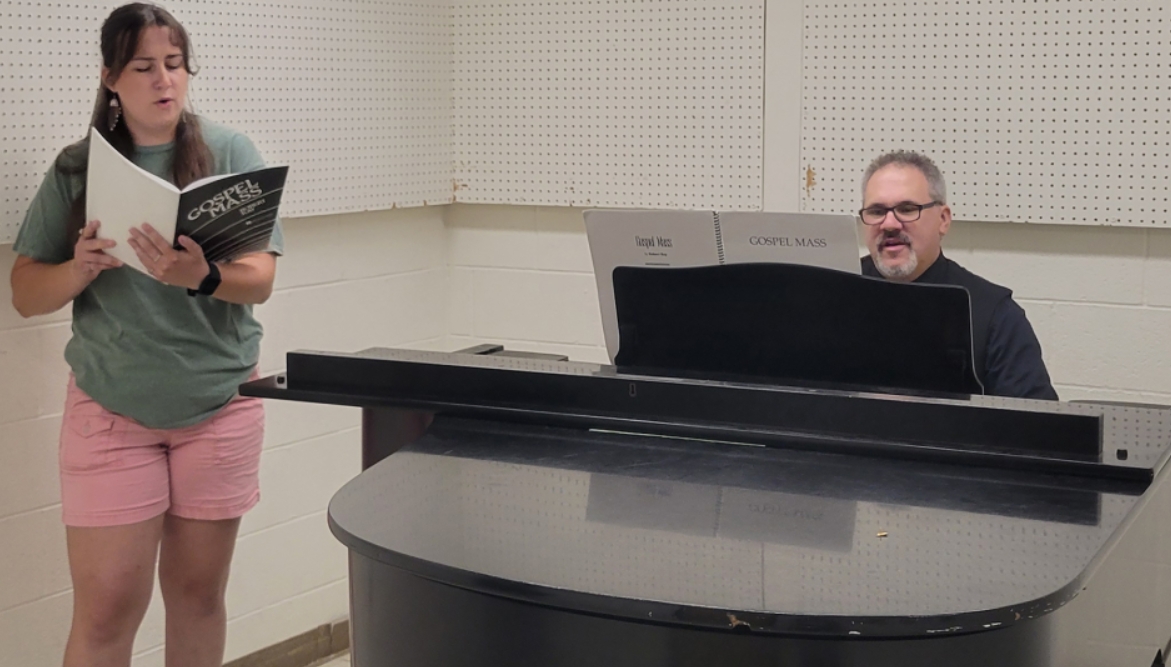By Natasha Muhametzyanova, Contributing Writer
What are the things you don’t think about in summer? Scholarly papers, homework and everything else that brings you stress when school is in session. Among those things is also Graduate Record Examination (GRE). Amidst family cookouts and loud bonfire parties, it is easy to forget about your plans to prepare for GRE.
But if being accepted into a graduate school is how you imagine your future after leaving your alma mater, there is no better time than a summer break to prepare yourself for the test that could make or break your academic pursuits.
Lack of motivation and time aside, there is one issue that everyone faces when it comes to preparing for GRE: it costs a fortune. The face-to-face courses are way above your summer job paycheck and, unless you live in a major city, are hard to find. Online resources are no better. According to the Crush the GRE website, the starting price of the GRE preparation courses ranges from $149-$629 (with a discount).
If you don’t want to spend a two-month worth of rent on a prep course, don’t give up just yet. Below are five tips that will give you the necessary GRE score for a price of a meal at Olive Garden.
Tip #1
You are unlikely to score well on the test if you don’t know how it works. So, you have to get a GRE study guide. There are many options out there including the official materials from ETS, aka tormentors, behind the test. Definitely look through them because they are free, but don’t stop at that. You need a guide that will not just explain to you the rules of the test, but also will give you tips on how to use your knowledge. The Princeton Review Cracking the GRE will do that and much more. An updated edition of the book is released every year, and you can get it for $17.41 on Amazon. Also, that is the only thing you will have to pay for on this list.
Tip #2
After you learned the structure of the test, it’s time to tackle the content. If you are concerned about the math section of the test, don’t worry. ETS says that the section assesses “basic mathematical skills, understanding of elementary mathematical concepts and ability to reason quantitatively and to model and solve problems with quantitative methods.” In simpler terms, GRE assesses math skills you learned in high school. To refresh that information, head to Khan Academy, create a free account and access math tutorials on a variety of subjects.
Tip #3
Having problems with a verbal section and vocabulary? Visit your local library to switch up the books on your shelf. For the next three months, replace Stephen King, J.K. Rowling and Nicholas Sparks with the classics. Read novels by F. Scott Fitzgerald and Charles Dickens, and don’t forget about periodicals. The New York Times, The Atlantic, and The New Yorker have articles on a broad range of subjects. Don’t want to subscribe? Not a problem. You can read for up to five articles for free each month on every electronic device.
Tip #4
What is one of the biggest differences between a preparation course and self studying? Practice. GRE prep courses start with a diagnostic test, use practice tests to analyze your progress, and conclude with another full-length mock test. Such approach not only tests the recently learned skills and information, but also familiarizes you with the stressful environment and boosts your confidence. Incorporate practice tests into your study sessions. Crunchprep.com has a list of the top GRE practice tests you can access for free.
Tip #5
You found out what the test is about and took a diagnostic test. What’s next? After analyzing your strengths and weaknesses, you have to select a study method that will work best for you. Chances are you like using flashcards, who doesn’t? Flashcards are easy to use, especially when you don’t have much free time. Only making flashcards is tedious and might take you longer than memorization itself. That’s why you shouldn’t waste your time on it. Instead, find premade flashcards on websites such as varsitytutors.com and gre.magoosh.com. A simple web search will give you access to many more. Some of them will be better than others. Spend an hour figuring out the type that works best for you and start memorizing.
Last bit of advice: most of the websites that offer free study materials will try to sell you something —a full set of flashcards, members-only study guide or a complete analysis of the diagnostic test you took. Keep scrolling past those advertisements.
Remember, there are no magical shortcuts that can give you a perfect test score. Just keep practicing and you will ace the test without breaking the bank.
Photo Credit: Natasha Muhametzyanova







